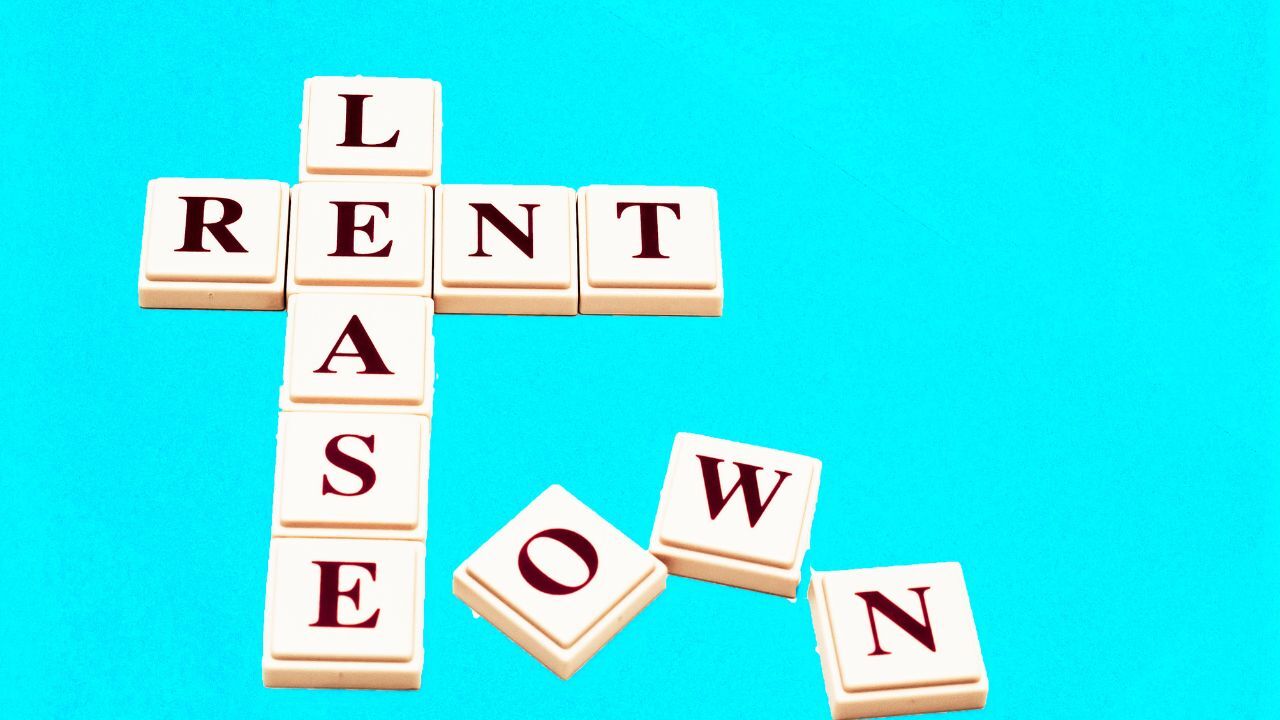 Moving day can be exciting, but it often comes with a lot of stress and unexpected challenges. Whether you are moving across town or to a new city, careful planning and organization are key to keeping the day running smoothly. With the right approach, you can reduce anxiety and make your move a positive experience.
Moving day can be exciting, but it often comes with a lot of stress and unexpected challenges. Whether you are moving across town or to a new city, careful planning and organization are key to keeping the day running smoothly. With the right approach, you can reduce anxiety and make your move a positive experience.
Plan Ahead and Create a Checklist
Start by making a detailed moving checklist weeks before your move. Include tasks such as scheduling movers, packing, transferring utilities, and updating your address. Breaking down the process into manageable steps will help you stay organized and prevent last-minute scrambling.
Declutter Before You Pack
Moving is the perfect time to get rid of items you no longer need. Donate, sell, or recycle belongings to lighten your load. The less you have to pack and move, the easier and less costly your moving day will be.
Pack Smart and Label Boxes Clearly
Use sturdy boxes and pack items by room or category. Label each box with its contents and destination room. This will save time and frustration when unpacking and help movers know where to place boxes in your new home.
Prepare an Essentials Box
Pack a box or bag with essential items you will need right away at your new home. Include things like toiletries, a change of clothes, important documents, snacks, chargers, and basic tools. Having these items easily accessible can prevent unnecessary stress.
Hire Professional Movers or Recruit Help
Decide whether you will hire professional movers or enlist friends and family. Professional movers bring experience and efficiency, but if you choose the DIY route, make sure you have enough strong helpers and equipment like dollies and moving blankets.
Communicate Clearly With Movers
If you hire movers, provide clear instructions about what should be handled carefully or kept separate. Keep important contact numbers handy in case questions arise on moving day.
Take Care of Yourself
Moving is physically and emotionally demanding. Get plenty of rest the night before, stay hydrated, and take breaks as needed during the day. Remember to eat and try to stay positive throughout the process.
Have a Plan for Your Pets and Kids
Moving day can be stressful for children and pets. Arrange for someone to watch them or set up a safe, quiet space away from the chaos. This will help keep everyone calm and make moving easier.
With good planning and the right mindset, moving day can be a smooth transition rather than a stressful event. Taking these steps will help you start your new chapter on the right foot.
 Searching for the perfect home can be frustrating when nothing seems to check all your boxes. Whether it is location, price, size, or style, the market may not always have exactly what you want at the moment. The good news is there are creative strategies you can explore to find a home that works for you, even if it is not exactly what you initially imagined.
Searching for the perfect home can be frustrating when nothing seems to check all your boxes. Whether it is location, price, size, or style, the market may not always have exactly what you want at the moment. The good news is there are creative strategies you can explore to find a home that works for you, even if it is not exactly what you initially imagined. In a competitive real estate market, buyers may feel pressured to make their offers more attractive by waiving contingencies—especially the home inspection. While skipping a home inspection might seem like a way to speed up the buying process or make an offer stand out, it can be a costly mistake with long-term consequences. Here’s why a home inspection should always be part of your home-buying process, no matter how competitive the market is.
In a competitive real estate market, buyers may feel pressured to make their offers more attractive by waiving contingencies—especially the home inspection. While skipping a home inspection might seem like a way to speed up the buying process or make an offer stand out, it can be a costly mistake with long-term consequences. Here’s why a home inspection should always be part of your home-buying process, no matter how competitive the market is. Finding a home at a bargain price can be exciting, especially in a competitive market. However, the lowest-priced home in a neighborhood is not always the best deal in the long run. While it may seem like a smart financial move upfront, there are several factors that could make it a less-than-ideal investment. Here is why buying the cheapest home on the block might not always work in your favor.
Finding a home at a bargain price can be exciting, especially in a competitive market. However, the lowest-priced home in a neighborhood is not always the best deal in the long run. While it may seem like a smart financial move upfront, there are several factors that could make it a less-than-ideal investment. Here is why buying the cheapest home on the block might not always work in your favor. When buying or selling a home, factors like location, size, and condition are obvious considerations—but have you thought about the direction your home faces? The orientation of a house can impact everything from natural light and energy efficiency to curb appeal and, ultimately, resale value. Here’s why the direction your home faces matters in real estate.
When buying or selling a home, factors like location, size, and condition are obvious considerations—but have you thought about the direction your home faces? The orientation of a house can impact everything from natural light and energy efficiency to curb appeal and, ultimately, resale value. Here’s why the direction your home faces matters in real estate.